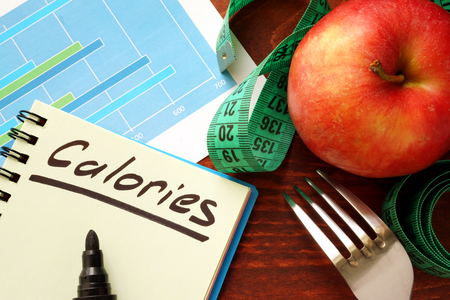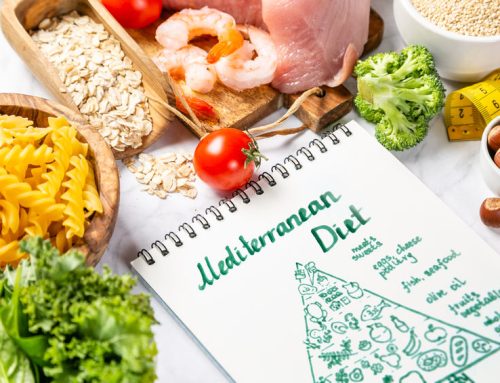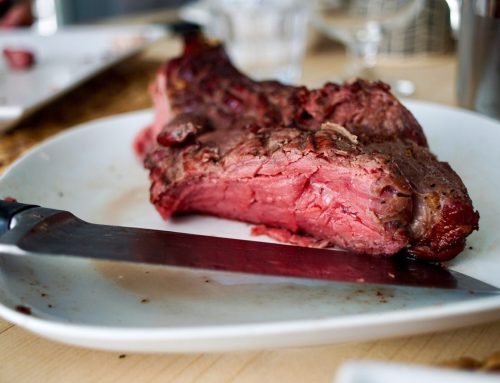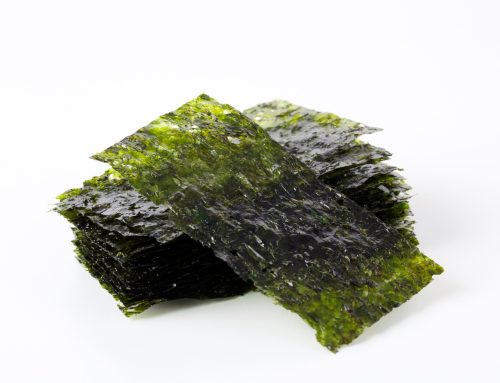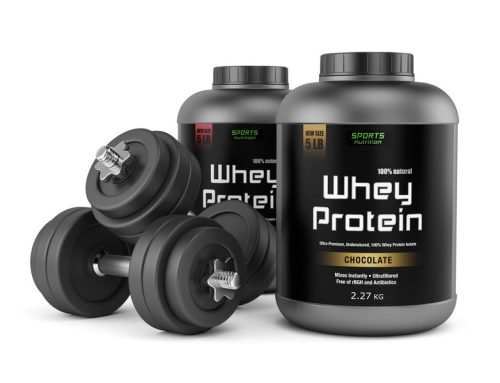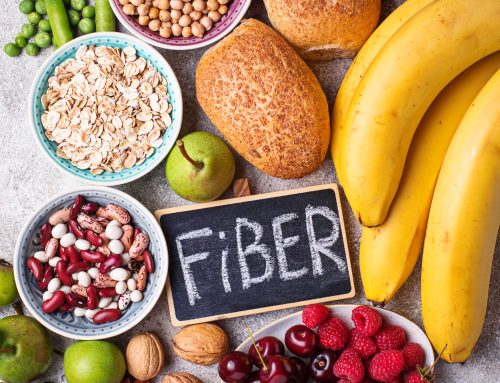Are you wondering what’s the most effective weight loss technique? There are so many diets to choose from. In fact, there seems to be a new one every week.
If you’re one of the millions of Americans who are aiming to lose weight, the process can sometimes seem daunting.
From adopting a new diet by adding more nutritious items to your meals to finding an exercise regimen you’re comfortable with, figuring out a strategy to lose those extra pounds can sound like an overwhelming change in the way you live your day-to-day life.
A Food Diary May Be the Most Effective Weight Loss Technique
New research suggests that self-monitoring what you eat might be the most effective part of any diet — and it takes less than 15 minutes each day to do it.
- The study, published in the journal Obesity, took a look at how 142 people self-monitored their diets through an online behavioral weight control program over a 6-month period.
- Over the course of 24 weeks, they took part in a weekly online group session led by a trained dietitian.
- Through the program, the participants logged their daily food intake.
- The most successful study participants were those who ended up losing 10 percent of their body weight, spending an average 23.2 minutes each day on self-monitoring in the first month of the study period.
- By the study’s end at the 6-month mark, that average time had dropped down to 14.6 minutes.
Lead author Jean Harvey, PhD, RD, chair of the Nutrition and Food Sciences Department at the University of Vermont, commented:
- “We were not surprised that frequent self-monitoring was related to weight loss success. We were surprised that 15 minutes a day is all that’s necessary.
- On the surface, committing to just under 15 minutes to record and hold yourself accountable over what you’re consuming each day doesn’t sound like a lot, but the act of self-monitoring can be daunting to people at first.
- Self-monitoring is a pain! You have to try to guess what foods in the database match the foods you have eaten — no small task when you go out to eat for example — you have to weigh and measure food if your estimate is to be accurate.
- You have to take the time to do it, and you have to admit to yourself that you’ve just eaten what you’ve eaten.”
Ali Webster, PhD, RD, associate director of Nutrition Communications at the International Food Information Council Foundation, said that many people are “afraid to face the reality of what we’re putting in our mouths. It’s easier to dismiss the contribution that regular trips to the workplace candy stash or second helpings at dinner can have on our waistline if we’re not confronted with seeing it written on paper or tracked in our phones. Nevertheless, Webster said, this study shows that the time commitment required for this kind of self-monitoring is pretty minimal.
“We’d all be lying if we said we didn’t spend at least 15 minutes mindlessly scrolling through Facebook or Instagram every day,” she stressed. “Why not redirect some of that time toward a productive, healthy habit?”
Why is a Food Diary Such an Effective Weight Loss Aide?
Why does self-monitoring help? Harvey said that calorie counting is one of the effective strategies out there to manage your weight. She said that it is highly likely people who self-monitored in the study were more aware of just how much they consumed. As a result, they probably were more successful at sticking close to their initial “calorie goal.”
How Keeping Track Keeps You on Track
Self-monitoring can be helpful for both positive reinforcement of making healthy choices and for reining in tendencies to indulge more often than is beneficial for weight or nutrition goals.
Seeing healthy meal and snack decisions manifest themselves in improvements to our health is rewarding.
And being able to say, ‘oh, I forgot that I had some candy after lunch today — maybe I can go easy on dessert tonight,’ is a clear way that having a written food record can lead to making healthier choices overall.
In other words, self-monitoring allows us to see the good choices we’re making, quickly correct course when we indulge, and make smarter choices in the future.
Keeping a Food Diary Is Easier Than You May Think
Do a quick Google search and you’ll find countless apps and products that aim to give people useful tools to record and measure their weight loss goals.
The sheer number may seem overwhelming at first, but how you choose to keep track of what you eat isn’t as important as the act itself.
Also, there isn’t a need to spend a lot of money on a fancy program. Several quality self-monitoring apps are available for free.
For instance, My Fitness Pal and Lose It! Are free apps for Apple and Android devices that gives users an easy way to track what they are consuming.
Fooducate is another free Apple and Android app that gives you the chance to look up exactly what is in the foods you eat on a regular basis. The app provides ratings for common items — “Tostitos Multigrain Scoops! Tortilla Chips” have a “B minus” on the app. Compare that to a Coca Cola soda, which has a dismal “D” rating on the app.
The Bottom Line
A new study in the journal Obesity suggests that self-monitoring what foods you consume is the most effective way to lose weight.
Participants in the 6-month study who lost the most weight, spent just under 15 minutes a day recording what they ate and drank.
While it might seem daunting, the researchers urge that finding a way to include self-monitoring in your day-to-day routine will help you hit your weight loss goals.
Click here to read full article about keeping a diary as an effective weight loss tool.


